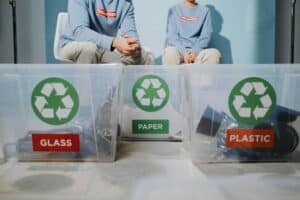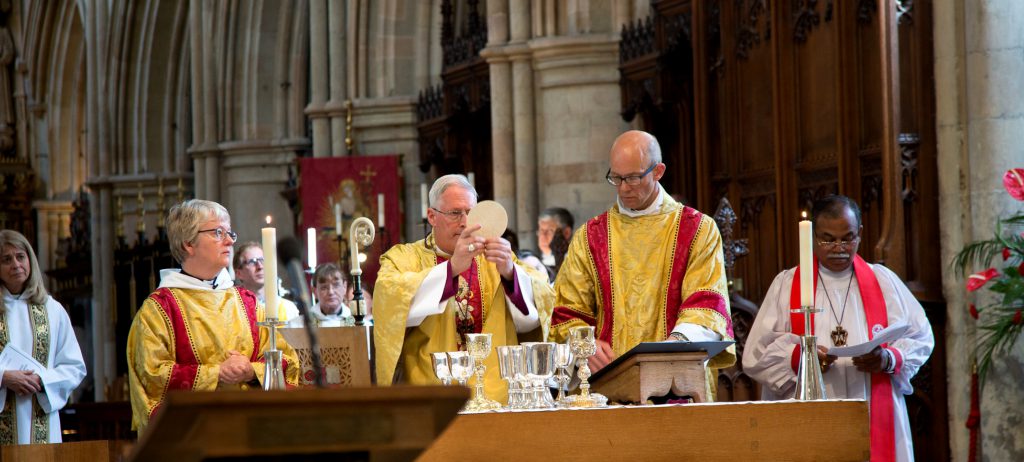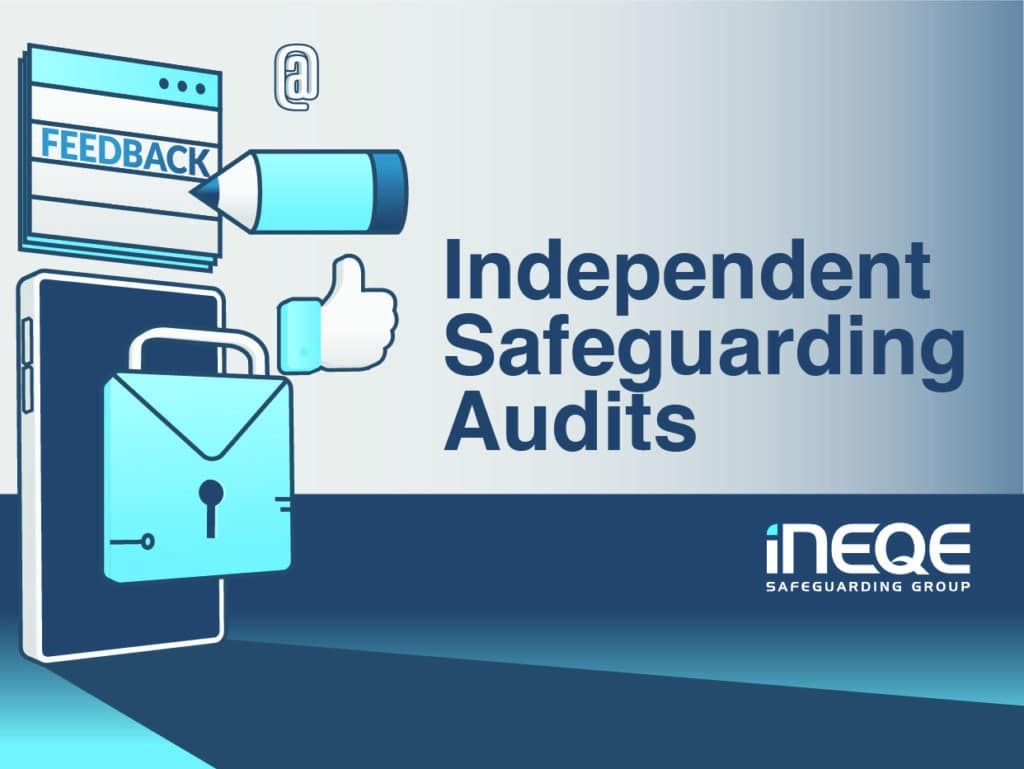
Starting from March 31 2025, new Simpler Recycling legislation is coming into effect in England to simplify and standardise what needs to be collected. Some churches that generate business waste may need to make changes to comply. Here’s what you need to know…
Who is affected?
The Churches Legislatory Advice Service clarifies that waste from religious places of worship is regarded as domestic waste and is collected by local authorities.
However, if a church hires out its building to other groups, this is regarded as commercial activity and waste arising from this use is regarded as commercial/business waste. In such cases, churches will need to work with their waste provider to ensure they have the appropriate waste streams in place to be compliant with the new legislation.
There is, however, an exemption for smaller organisations until 2027:
- Churches with more than 10 full-time employees or equivalent will need to be compliant from 31 March 2025.
Further information: ‘Micro-firms are workplaces with less than 10 full-time employees in total. This relates to the total number of full time or full-time equivalent employees in a business, rather than in a certain business location. For example, if a business has 3 locations with 5 employees in each location, they have a total of 15 employees. For counting part-time employees, add a fraction based on their pro-rated hours.
Volunteers are not included in determining the Full Time Equivalent (FTE) employee count for a business or non-domestic premise. This includes organisations that have volunteers across multiple premises.’
- Churches with less than 10-full time employees will need to be compliant from 31 March 2027.
While churches with fewer employees may not need to comply until 2027, they are encouraged to make these changes sooner to steward resources more effectively.
Other things to know about domestic and business waste
- If a church rents out its building but requires renters to take their waste with them, business waste charges can be avoided.
- If a church hires contractors for renovations or repairs, any waste they produce is classified as business waste and is subject to collection/disposal charges.
What needs to be separated?
Under the new legislation, any organisation affected will have a legal duty to present the following waste streams in accordance with arrangements from their waste collector:
- Dry recyclable materials – including plastic, metal, glass, paper, and card.
- Food waste.
- Residual (black bin) waste – non-recyclable waste.
Workplaces that generate garden waste have a legal duty to manage it in accordance with the waste hierarchy and arrange for it to be recycled or composted if it delivers the best environmental outcome.
Why this matters
The aim of this legislation is to simplify and improve recycling efforts across England. By ensuring waste is sorted properly, we can help reduce the amount of waste going to landfill and play our part in caring for God’s world.
For further guidance, see the Simpler Recycling webpage (Simpler recycling: workplace recycling in England – GOV.UK) and consult your waste collection provider to confirm how to properly separate and present your waste in accordance with local arrangements. Although new legislation can be tricky to wrap our heads around, lets do all we can to safeguard the resources entrusted to us.










